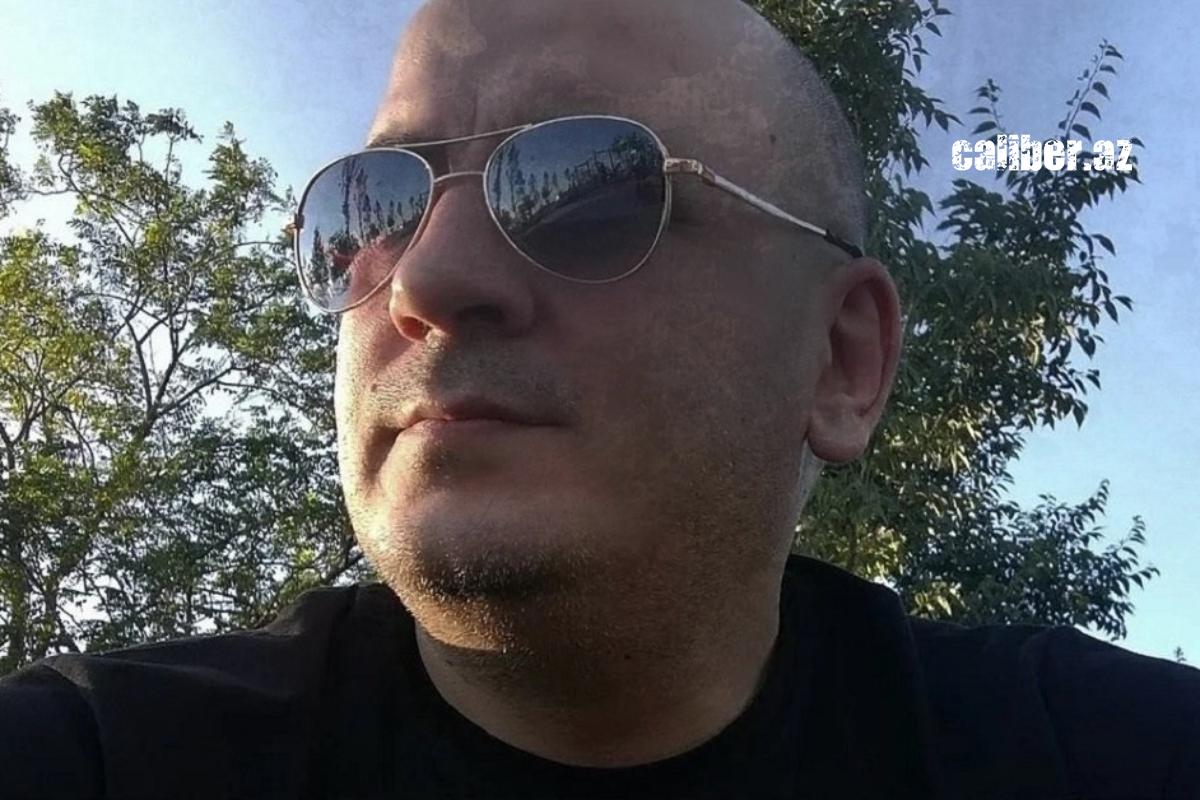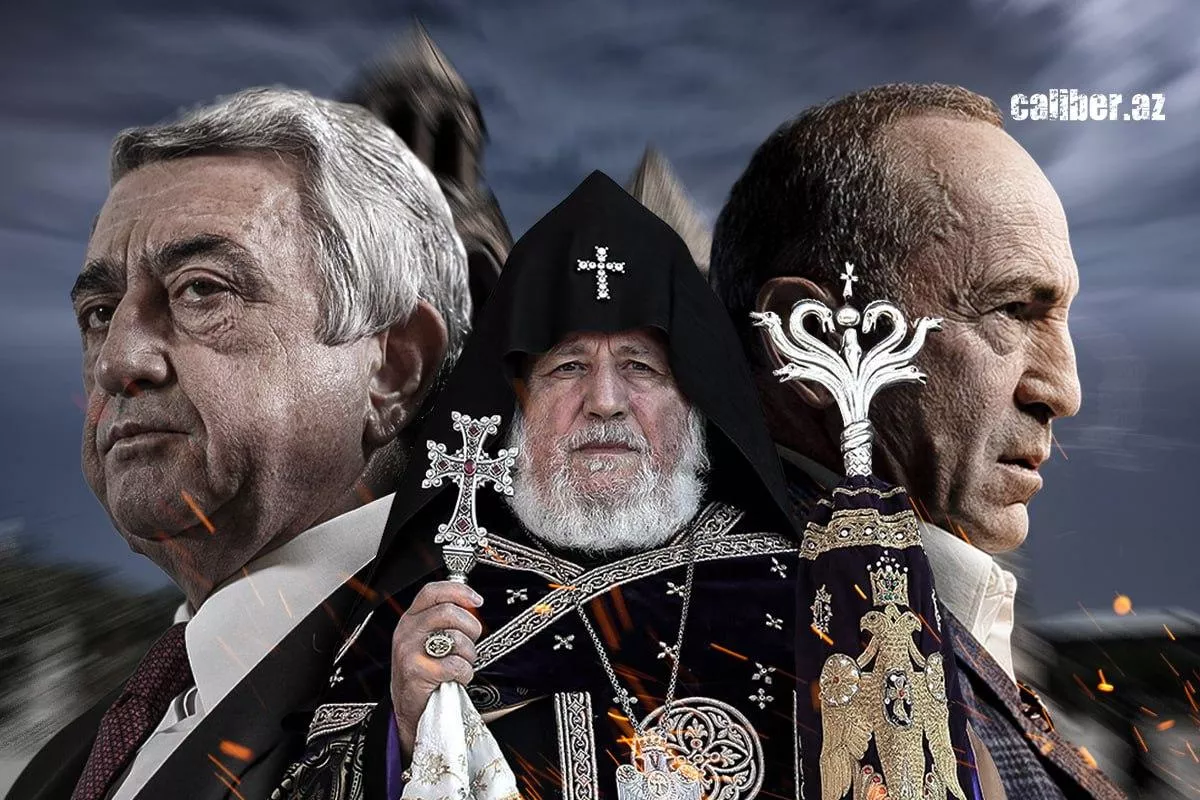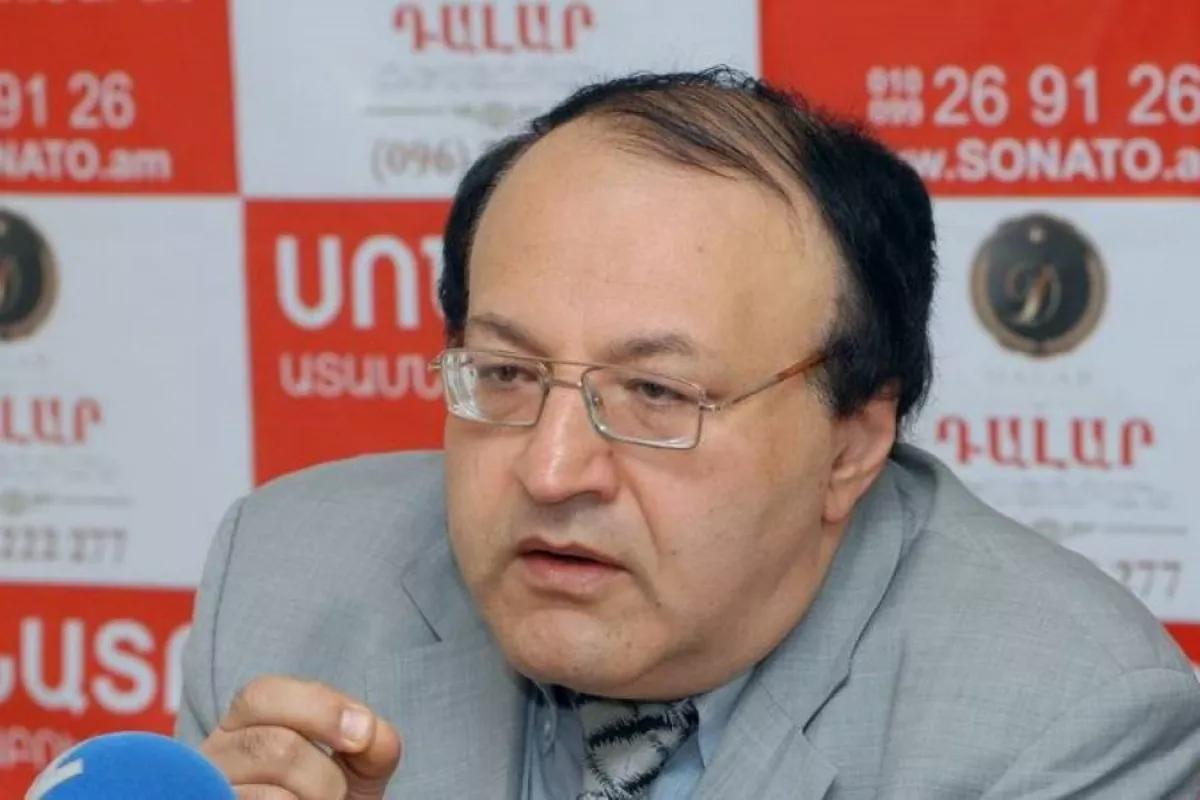Pashinyan vs. Armenian Apostolic Church: Who will prevail? Armenian experts on Caliber.Az
Tensions are mounting in Armenia between Prime Minister Nikol Pashinyan and the Armenian Apostolic Church (AAC). A wave of mutual accusations is underway, with the opposition—representing the former ruling forces—openly siding with the AAC. Some Armenian opposition figures are convinced that Pashinyan has launched an anti-church campaign in response to Etchmiadzin’s increasing involvement in political matters, particularly regarding revanchist sentiments.
In recent months, Catholicos of All Armenians Garegin II has been vocal in his anti-Azerbaijani rhetoric, openly displaying disrespect toward Azerbaijan’s territorial integrity and participating in anti-Azerbaijani conferences in Switzerland. Such behaviour on the part of the church leader could negatively impact the ongoing peace negotiations between Baku and Yerevan. And seemingly aware of this, Pashinyan appears to have started highlighting the Catholicos’s alleged violation of his vow of celibacy.
On the other hand, there is a sense that Nikol Pashinyan initiated this attack for a different reason. He has long accused the church leadership of holding a pro-Moscow stance. Today, some observers believe that the renewed confrontation is best explained by the fact that Armenia’s election campaign has already unofficially begun—despite parliamentary elections being scheduled for a year from now. That vote will determine the country’s political future, as Armenia is a parliamentary republic. It is reasonable to assume that Pashinyan may have received certain signals indicating that the AAC intends to lead the fight against his Civil Contract party.
Is it possible that Russia is now banking on the Armenian Church’s influence among ordinary voters? Could the AAC succeed in uniting all opposition forces under its wing? And can Pashinyan and his team manage, in the time remaining, either to discredit the Church’s leadership in the public eye or to ensure a change in the Catholicos and his senior allies within the AAC?
Prominent Armenian commentators shared their views on these questions with Caliber.Az.

Armenian analyst and publicist Ishkhan Verdyan recalled that in his "programmatic" 2021 interview, Robert Kocharyan quite openly stated that the hierarchs of the Armenian Apostolic Church (AAC) are a loyal force he could use to overthrow Nikol Pashinyan’s government.
“According to him, it’s merely a matter of the right moment and pretext. This statement is very telling—it clearly reflects both the political alignment of the AAC and the aggressive enthusiasm of certain representatives. However, the essence of the matter is that all key church hierarchs have long since discredited themselves in the eyes of the public. As for their electoral potential, it’s virtually nonexistent. Neither the Catholicos nor Galstanyan (Bagrat – Ed.) stand a chance of defeating Nikol Pashinyan in a fair election—even if they were to form a legitimate political party,” the expert explained.

“Nevertheless, in that same interview, Kocharyan entertained the possibility of illegally removing the prime minister from power. It’s no secret that coup attempts have already been made in Armenia. And I’m convinced there will be more. If one of these attempts succeeds and a crisis unfolds, raising the question of who should temporarily govern the country, it’s not out of the question that Kocharyan could hand over power—at least temporarily—to members of the clergy loyal to him. That’s the only viable option,” Verdyan believes.
He sees no other way for clerics to come to power in Armenia.
“Therefore, Pashinyan has no real need to discredit the clergy—they’ve done a fine job of that themselves,” Verdyan stated. “The issue is different: at this stage, Pashinyan can do virtually nothing against them. The clergy in Armenia are protected by the constitution, which enshrines what are almost equal relations between the AAC and the state. Unless Pashinyan is prepared to mobilise the public, take to the streets, and—riding a wave of popular outrage—force the church leadership out of Etchmiadzin, he is left with only one option: to amend the constitution and redefine the legal status of the AAC. There are simply no other legitimate levers of influence over the church hierarchy—neither for Pashinyan nor for anyone else,” Verdyan concluded.

According to Dr. Hmayak Hovhannisyan, Chairman of the Political Scientists Union of Armenia, the parliamentary opposition—having proven completely ineffective over the past four years—is now attempting to cover its political nakedness with the authority of the AAC. “But there should be no two opinions here: these attempts have already failed,” he asserted. “The Church, represented by its most publicly respected archbishops—particularly Archbishop Mikayel Ajapahyan—is now determined to position itself as a ‘third force,’ equidistant from both the current and former authorities.”
Addressing claims that the AAC is aligned with Moscow's interests, Hovhannisyan dismissed them as unfounded. “As I’ve said, the AAC, being a global religious institution, simply cannot afford to orient itself exclusively toward one country without suffering serious damage and losing its influence. One must understand that there are powerful forces in the Christian world far more invested in the AAC than either Armenia or Russia. Believe me, they will not allow anyone—whether in Yerevan or Moscow—to trample on or even weaken the AAC.”
“Experts familiar with the history of the AAC will confirm its exceptional role in the history of the Armenian people. The Church has been and remains a stronghold of spiritual independence and cultural uniqueness, the very core of the Armenian national identity. Any attempts by secular authorities—whether domestic or foreign—to weaken, humiliate, or undermine the AAC have only resulted in the Church becoming even stronger, expanding its capabilities, and rapidly increasing its authority.
This was the case in the early 20th century when Nicholas II issued a decree confiscating all church property from the AAC and closing all Armenian church schools. A famous painting by a contemporary artist of those tragic events is still displayed in the Armenian Picture Gallery in Yerevan. It depicts Catholicos Khrimian trampling the imperial decree and pronouncing a terrible anathema on Nicholas II and his family. Although Nicholas II soon repealed his decree—returning the property and Armenian schools under the Church’s care—Khrimian’s anathema was fulfilled in 1917, when the emperor and his family met a tragic fate,” the political scientist explained.
According to him, he says this to highlight the absolute impossibility of achieving desired goals through a direct attack on the AAC.
“Especially since today the AAC is a global and highly respected church organization, which the powerful forces of the Christian world regard more seriously than the secular authorities of Armenia. For example, after winning the presidential election, US President Donald Trump called Catholicos Aram I of the Great House of Cilicia—the head of the Armenian Church abroad who recognises the supremacy of Catholicos Garegin II, the Catholicos of All Armenians residing in Holy Etchmiadzin. Trump promised to fully support Armenian Christian communities throughout the Greater Middle East. This is not surprising considering, among other things, the unique role Armenian pilgrims have played in guarding some of Christianity’s holiest sites—the Holy Sepulchre, the Olive Grove, and others.
Therefore, I am convinced that the quarrel between Armenia’s Prime Minister Nikol Pashinyan and the hierarchs of the AAC will not strengthen the authorities’ legitimacy but, on the contrary, weaken their position in the upcoming 2026 parliamentary elections. If I were in his place, I would not tempt fate and would remember the bitter experience of Nicholas II,” Hovhannisyan concluded.








